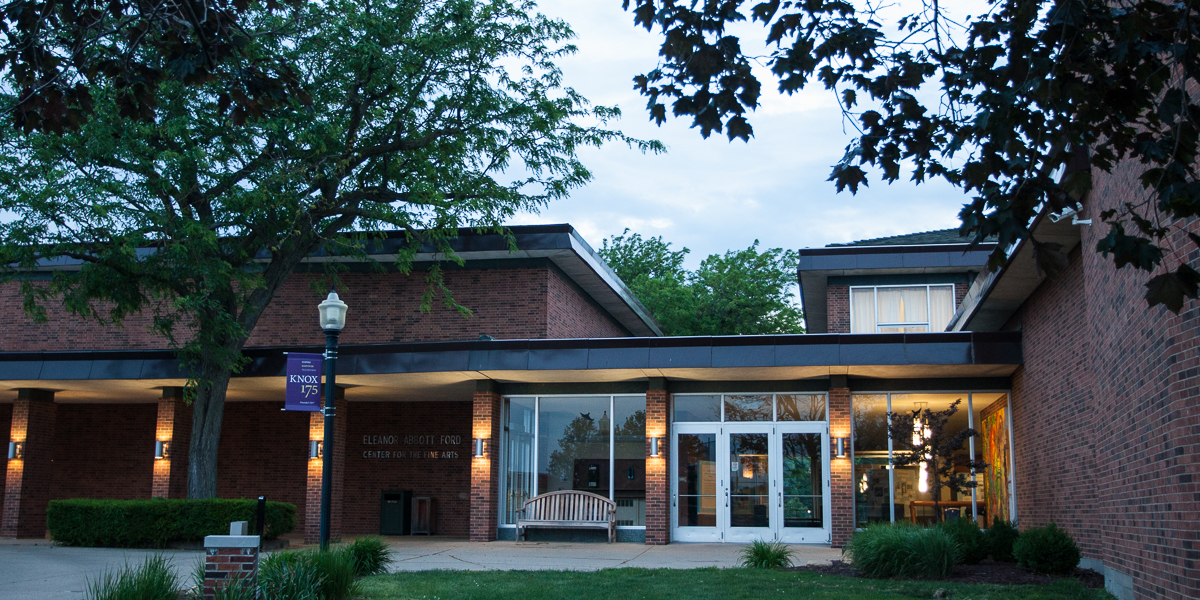

Venture Boldly

Explore other offices & services
Career Success, Bastian Family Center for
College Engagement, Office of Advancement
Community Service, Mark & Jeannette Kleine Center for
Disability Support Services, Office of
Global Studies, Eleanor Stellyes Center for
Government & Community Relations, Office of
Immigration & International Travel Communications
Information Technology Services
Institutional Research, Office of
International Student Services, Office of
Knox Advisory Committee on Socially Responsible Investing
Research & Advanced Study, Gerald & Carol Vovis Center for
Student Development, Division of
Student Financial Services, Office of

| General Tips |
|
Can I be infected by visiting a Web page?
Absolutely! At this time, Windows operating systems are the most likely to be open to this vulnerability although Macintosh operating systems may also be susceptible. Microsoft and Apple release patches to fix these known problems on a regular basis but many users neglect to install them. These patches are distributed through Windows Update on Windows and Software Update on Macintosh. Unlike many e-mail borne viruses requiring the user to open an attachment, many of the operating system exploit viruses infect vulnerable machines by simply connecting to the Internet. Microsoft Windows computers are required to install all critical updates issued by Microsoft as they become available. Please note that the latest service packs are included in the required critical updates. Macintosh computers are required to install all security updates issued by Apple.
You need to run install updates often in order to patch any new vulnerabilities discovered in your operating system and applications.
What are some of the other ways of being infected?
One of the most common ways of becoming infected is by opening an attachment sent via e-mail. If you are running Windows, you should never open any attachment with an .exe extension. Just delete it. Infected attachments can come in many forms. Some of the other extensions to look out for are .bat, .com, .scr, .pif, .exe, .vbs, .doc. If you are unsure about an e-mail you receive, check out the attachment at any of the following Web sites to see if it is a known virus.
Other ways of being infected are through:
How do I know if my network access has been turned off?
We will keep the Help Desk informed of all accounts that are disabled. They will also be given the specific reasons and instructions as to what must be done to have access restored. If your network access has been disabled because your machine was found to be infected, you will need to get the computer cleaned and protected before we will restore your access (see the AntiVirus Policy). If your access was turned off because of an open share, you must make the open share read-only or password protected. Call the Help Desk at extension 7700 to find out what must be done to have your access restored.
The best way to ensure uninterrupted network access is to have properly maintain all machine updates and safeguard any network shares with passwords and/or read-only access.
I am infected. What do I do?
You can always call the Help Desk at extension 7700 for assistance. If your machine requires further clean-up you may be referred to an off campus vendor.
I received an e-mail asking for my e-mail username and password or other personal information. Should I send it?
NO! The College (and other institutions including banks) will ever request that you provide personal information through e-mail. Such "phishing scams" are constantly circulating the Internet -- most frequently propagated by those who have responded to the scam. When in doubt, call but never respond first.
What if I don't have the AntiVirus software installed?
You must install and maintain the provided AntiVirus solution on any computer connected to the Knox College data network. If your computer is on the network and becomes infected, your account will be disabled. You will be required to bring your machine to Information Technology Services to have it cleaned and a fee will be assessed. See the AntiVirus Policy for complete details.
I received an e-mail from a friend telling me to delete certain files on my computer. What should I do?
Always check with a reliable source before acting on a message such as this. Very rarely are forwarded e-mail messages, no matter the source, a valid source for issuing valid warnings. The goal of most of these forwards is to make you delete files that are required to keep your computer running.
I was browsing the Web when a screen appeared telling me that my computer was infected and that I should click on a button to install some software. Should I do it?
You should never click to install software from the Web that you have not specifically sought. In most cases these prompts lead to the installation of "malware" which, since you have initiated the installation by clicking on the prompt, can bypass AntiVirus software. This software can be damaging, track your actions, jeopardize the privacy of your files, and be very difficult to remove.